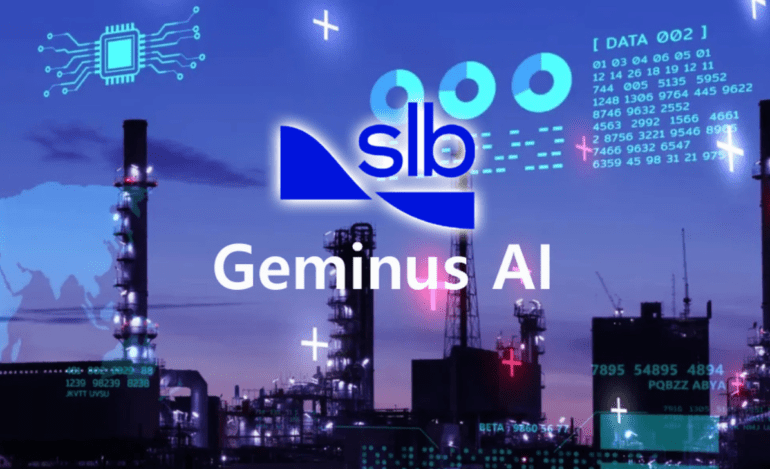TL;DR:
- SLB enters a significant investment and technology partnership with Geminus AI.
- Geminus AI offers an exclusive physics-informed AI model builder for oil and gas operations.
- The collaboration aims to boost operational performance, offering real-time optimization possibilities.
- Geminus AI’s platform combines physics-based approaches with process data for highly accurate AI models.
- The technology operates with minimal data requirements and enables rapid updates with new data points.
- The partnership is expected to enhance efficiency, productivity, and carbon emissions reduction in the energy sector.
Main AI News:
In a groundbreaking move, SLB has sealed a game-changing investment and technology partnership with Geminus AI. This strategic collaboration grants SLB an exclusive gateway to deploy the inaugural physics-informed artificial intelligence (AI) model builder tailored specifically for oil and gas operations. Geminus AI’s model builder ingeniously merges the bedrock of physics-based methodologies with the wealth of process data, culminating in the creation of exceptionally precise AI models. What sets this innovation apart is its ability to scale rapidly, rendering conventional AI approaches archaic in comparison.
Rakesh Jaggi, President of Digital and Integration at SLB, affirmed the monumental impact of this venture on operational performance: “The investment made by SLB in its partnership with Geminus AI produces a step-change in operational performance for customers, from production pipelines to facilities.” He further emphasized Geminus’ prowess in amalgamating AI techniques with physics-based simulation data, equipping customers with the capacity to expeditiously forge hybrid models of their operational assets. These models can be continually fine-tuned in real-time to achieve diverse objectives, including opex reduction, heightened productivity, and carbon emissions abatement.
The Geminus platform operates on a foundation of revolutionary, physics-informed AI computing, seamlessly transposing the constraints of the physical world into digital replicas. Remarkably, it operates with minimal data requirements and readily assimilates fresh data points to ensure accuracy. Data scientists and modeling engineers can harness this platform to forecast the intricate dynamics of complex systems, enabling well-informed, real-time decision-making.
Greg Fallon, CEO of Geminus AI, recognizes the symbiotic nature of this partnership with SLB: “We see our partnership with SLB as invaluable to helping us unlock value for the energy sector.” With a myriad of oil and gas processing facilities under their purview and an extensive clientele base, SLB’s influential network is poised to drive substantial enhancements in efficiency and productivity for customers.
A testament to the tangible benefits of this collaboration, SLB has already implemented a Geminus hybrid AI-driven application at a natural gas plant. The application, harnessed from Geminus’ physics-informed AI solution, leveraged data from SLB’s Symmetry™ process simulation software to optimize economic performance while curbing carbon emissions. Astonishingly, the application was devised in a matter of days, encompassing the creation of the foundational hybrid AI model.
This cutting-edge tool possesses the capability to evaluate a staggering 20,000 complex scenarios in under a tenth of a second. It empowers operators to interactively explore the repercussions of altering process parameters on the plant’s carbon footprint and yield. In various other scenarios, this innovative technology has revolutionized the efficiency of fluid catalytic crackers, the cornerstone of oil refineries, and elevated the performance of electric submersible pumps and industrial wellsite chokes.
Conclusion:
The collaboration between SLB and Geminus AI represents a game-changer in the oil and gas industry, as it introduces a cutting-edge physics-informed AI model builder. This partnership is poised to revolutionize operational performance, offering rapid real-time optimization and decision-making capabilities. It is expected to drive significant efficiency gains and productivity improvements while contributing to the reduction of carbon emissions in the energy sector. This innovative approach could set a new standard for AI-driven solutions in the industry.

